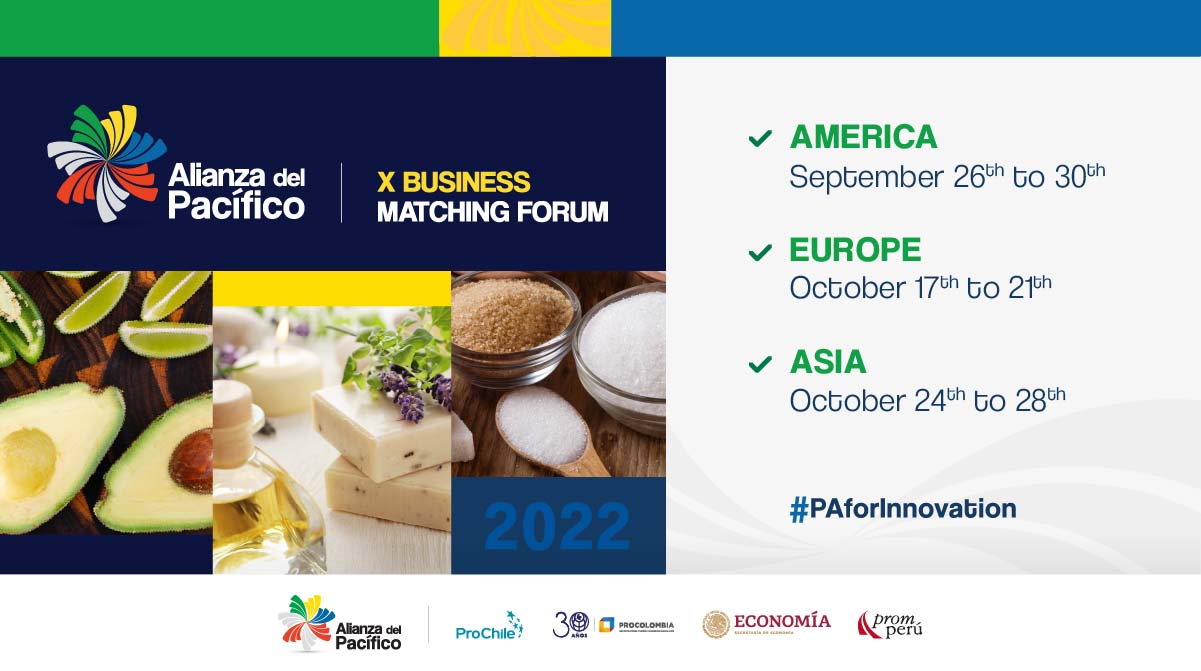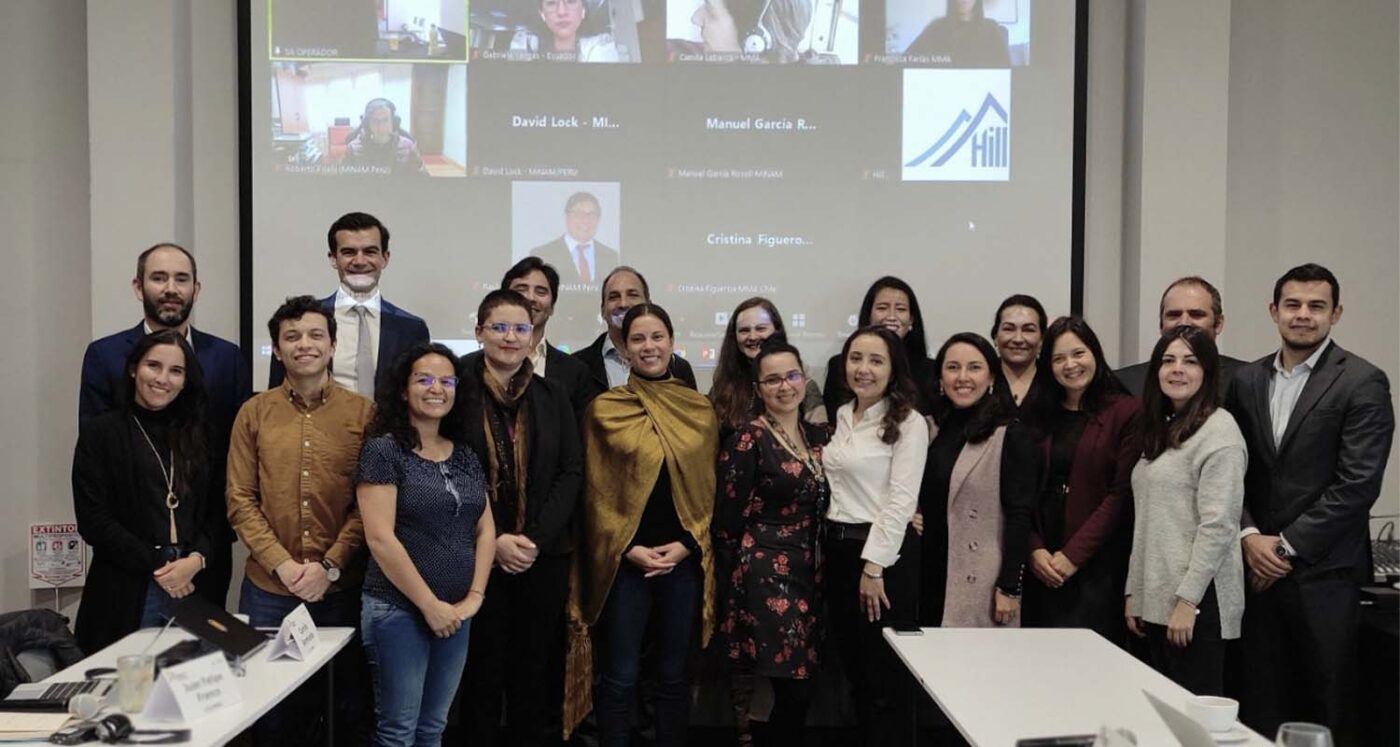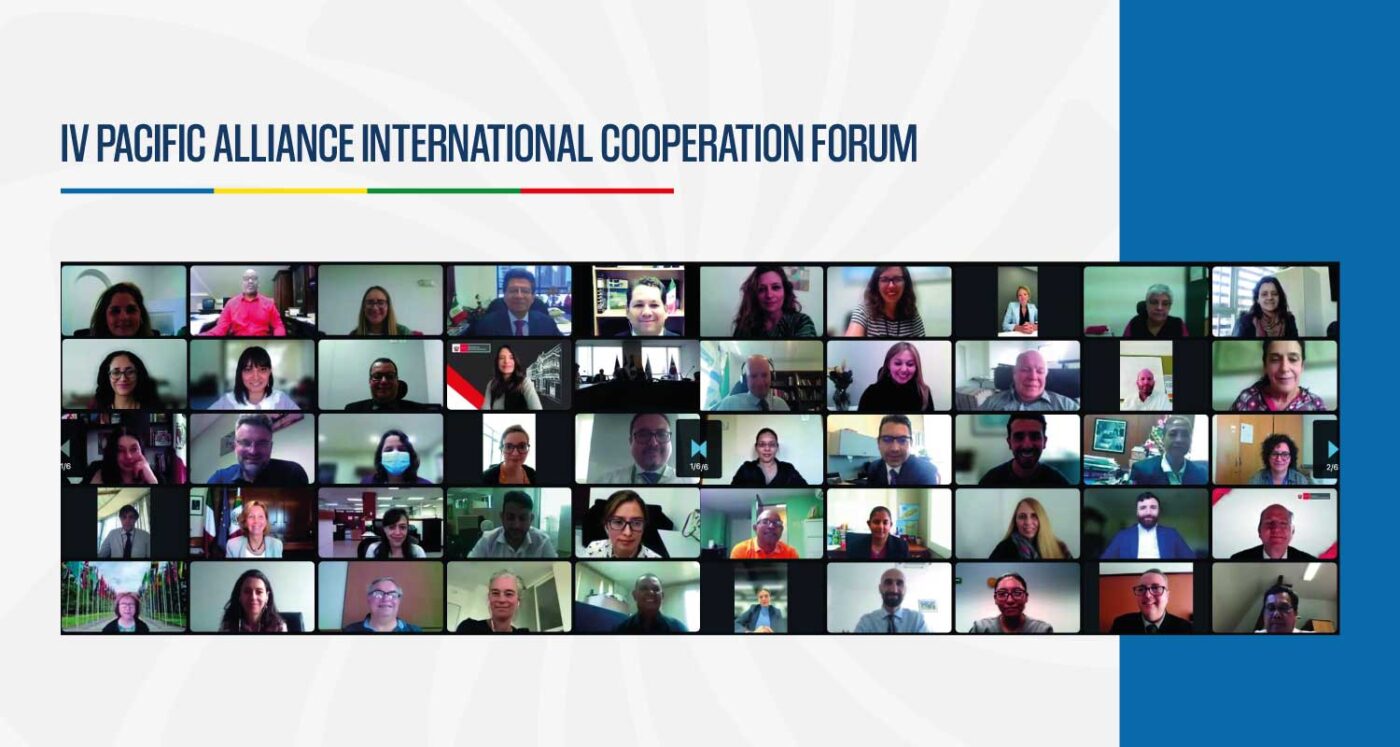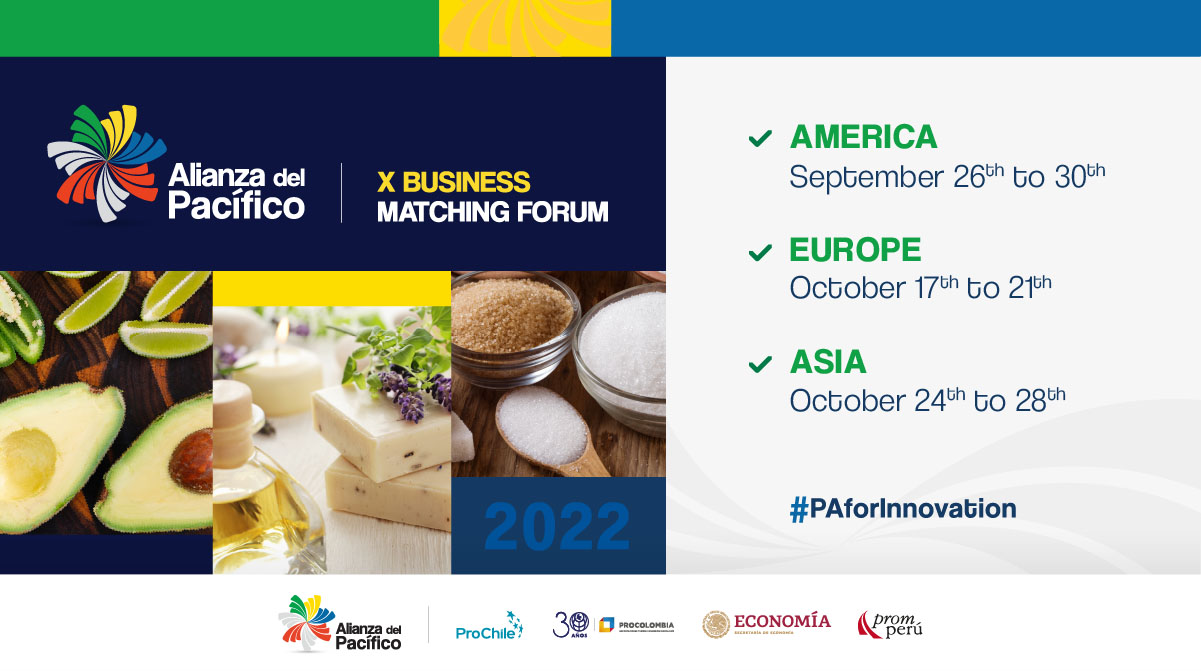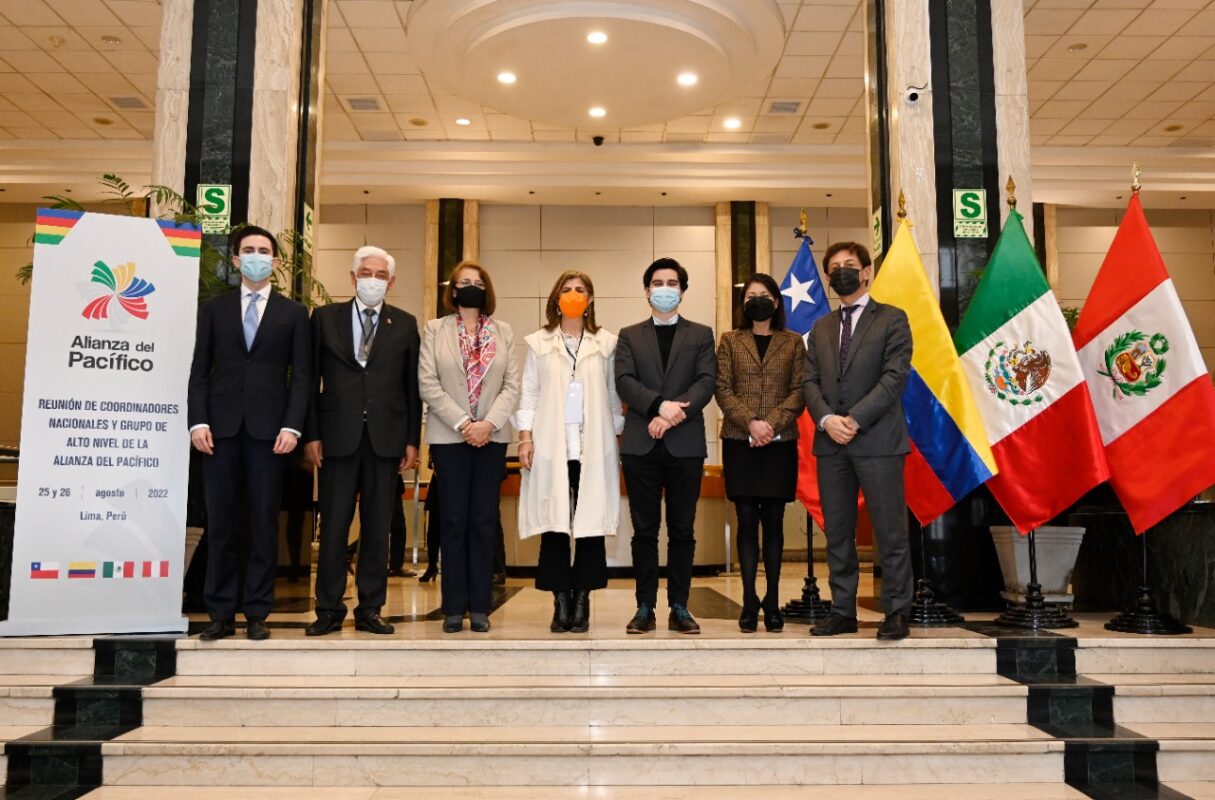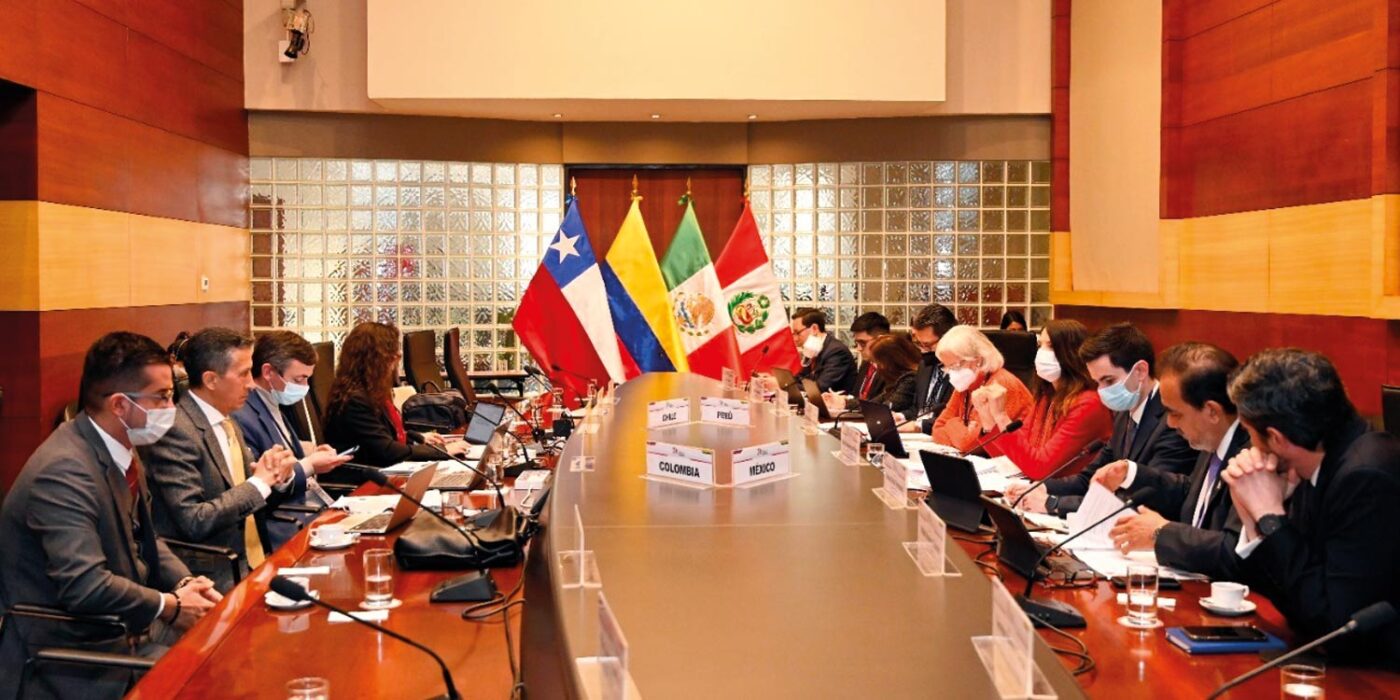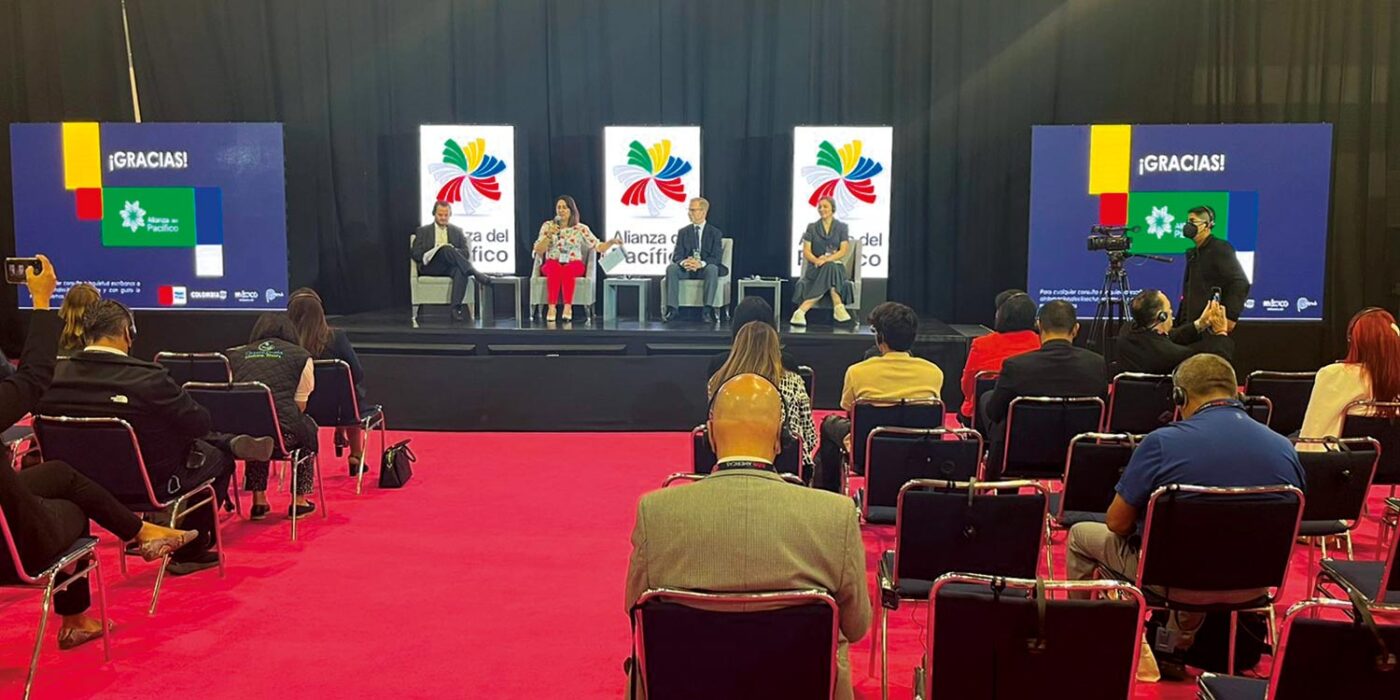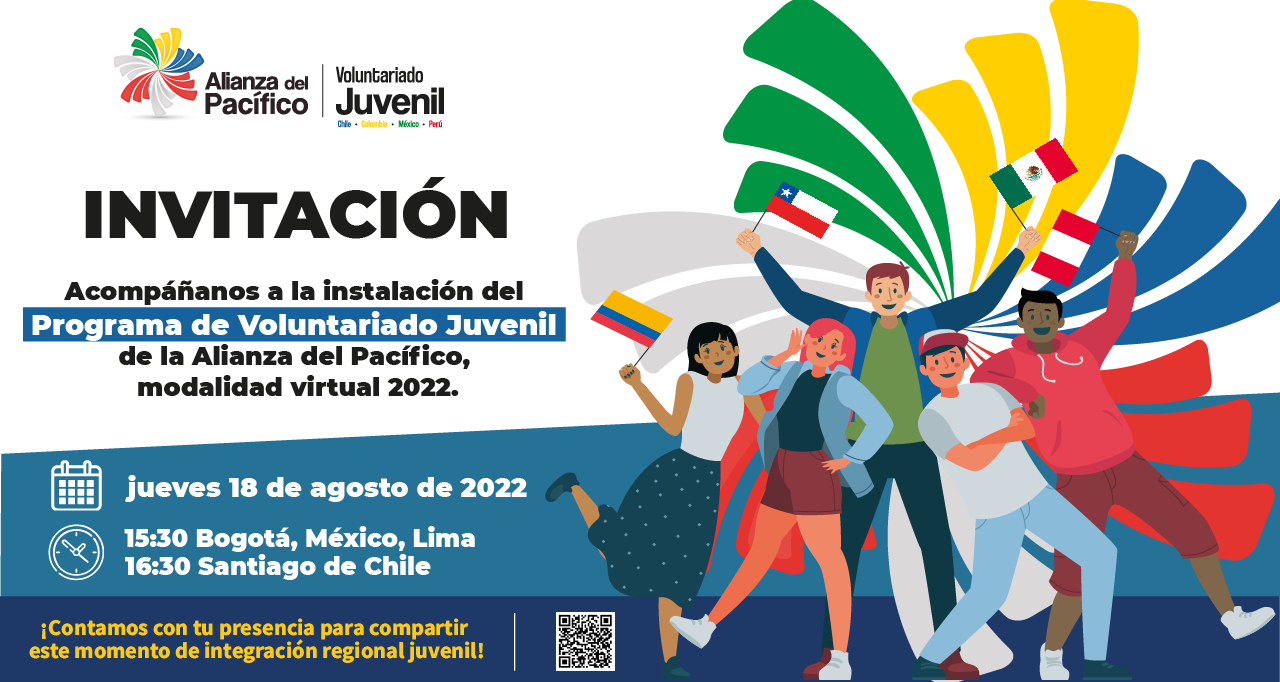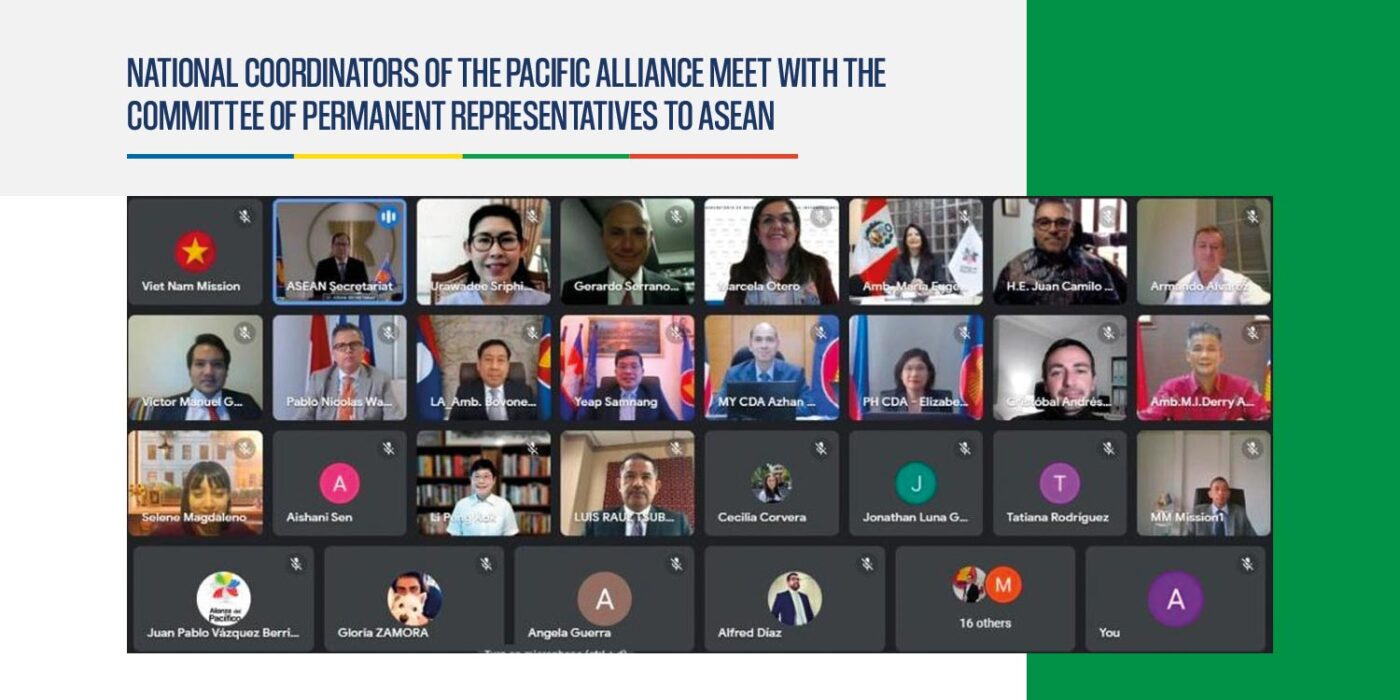September 22, 2022.- This September 2022, the embassies of Chile, Colombia, Mexico, and Singapore in the Philippines, in partnership with Red Carpet Cinema Shangri-La Plaza and the Film Development Council of the Philippines, are proud to present a film series PACIFIC ALLIANCE MOVIE NIGHTS, with the aim to showcase and promote the culture of the members of the Pacific Alliance through the film industry. The festival will run from 21 to 25 September 2022.
The Pacific Alliance Movie Nights will start off with Arráncame la vida (2016), a Mexican film set in the 1930s. This production revolves around a young woman who finds herself in an arranged marriage with a prominent politician. Accompany her as she finds more and more difficulty in finding reasons to remain a loving, loyal wife. This romantic drama will surely make your hearts cry out.
In addition, Mexico will present Cuando los hijos regresan (2017), a movie that will refresh the palate as it brings a lighthearted theme of familial love. Join Manuel and Adelina as they try to restore peace and quiet in their simple abode while enjoying their retirement as their children come back home.
On the other hand, the Embassy of Chile will present Calzones Rotos (2018). Join the cast as they discover the effects of one seemingly innocent confession from the family Matriarch. Watch how one secret can unravel and lead to an exciting and intense family reunion. Likewise, Chile is screening Mis hermanos sueñan despiertos (2021). This film tells the story of Ángel and his young brother Franco as they find friends and enjoy the day-to-day life of living in a reformatory. Watch as the siblings yearn and find freedom in the most unconventional way.
From Colombia, the Festival will screen El Piedra (2018). This drama will surely bring tears to your eyes as you follow Reynaldo in finding the meaning and value of life amidst teaching a street kid to become a fighter like him. Unveil the challenges they will face as it continues to hinder their skills, values, and perseverance.
After such a heartwarming film, the public will enjoy Chiribiquete (2017) which takes them on an adventure throughout the luscious Chiribiquete National Park to discover the beauty and history of one of the oldest geological formations on the planet. This expedition is full of intrigue, excitement, and peculiar sights that will surely engage viewers.
Finally, the Embassy of Singapore is proud to present Motel Acacia (2019). A co-production between Singapore and the Philippines. In this film, the public will be surprised with the story of JC – a young half-Filipino, who is groomed to take over a haunted slaughterhouse disguised as a motel. Upon his father’s death, JC finds himself trapped in the haunted slaughterhouse along with the monsters he must face.
The PACIFIC ALLIANCE MOVIE NIGHTS offers a wide range of genres for every moviegoer’s liking. Everyone will surely take interest and then after, enjoy and find something more. The Embassies and its partners aim for the public and lovers of cinema to discover and enjoy a wide variety of cultures. Looking at these films, one can see a glimpse of the tradition, style, and values of each participating country. Let us immerse ourselves and experience these nations through these wonderful films. Make no mistake, these films will make you jump, cry, and shout with glee as it hopefully teaches you the culture and tradition of each country.
Chile, Colombia, Mexico and Peru created the Pacific Alliance as an economic block that pursues freedom in the movement of goods, services, capital, and people between the four member states in 2011. The Pacific Alliance and Singapore signed a free trade agreement which will allow Singapore to become the first Associated State of the Pacific Alliance. Mexico holds the presidency pro tempore in 2022.
All films will be streamed in their original languages, with English subtitles if applicable. Entrance is free of charge on a first-come, first-served basis. For further information, please visit the website of Red Carpet at the Shangri-la Plaza: https://www.redcarpetattheshang.com/ or the Facebook pages of the Embassies of the Pacific Alliance members.


